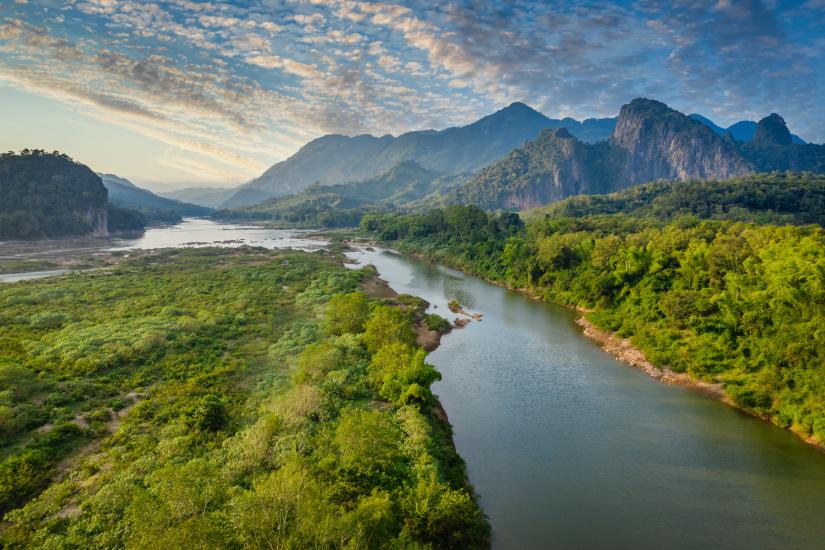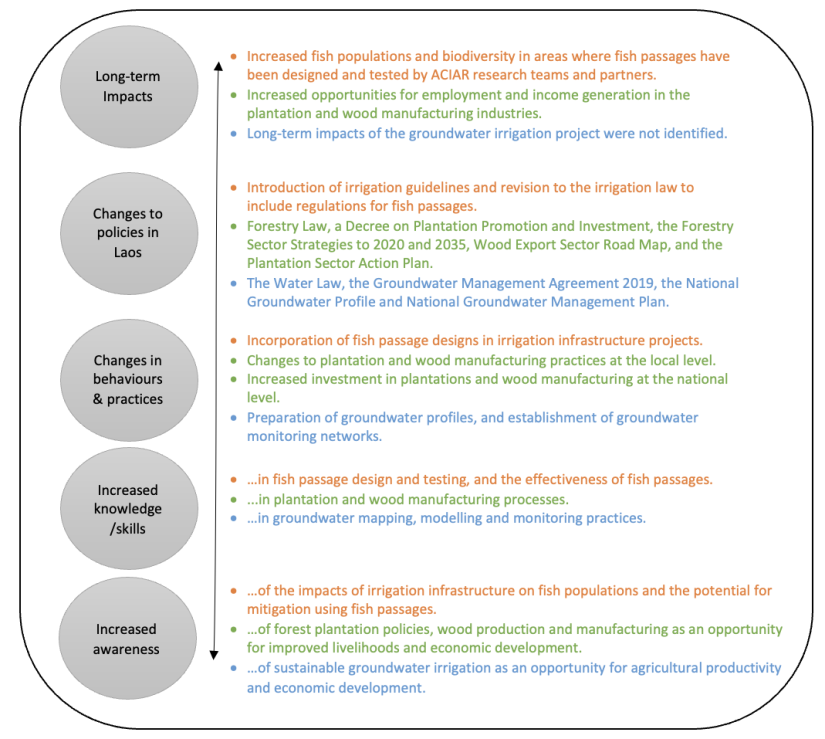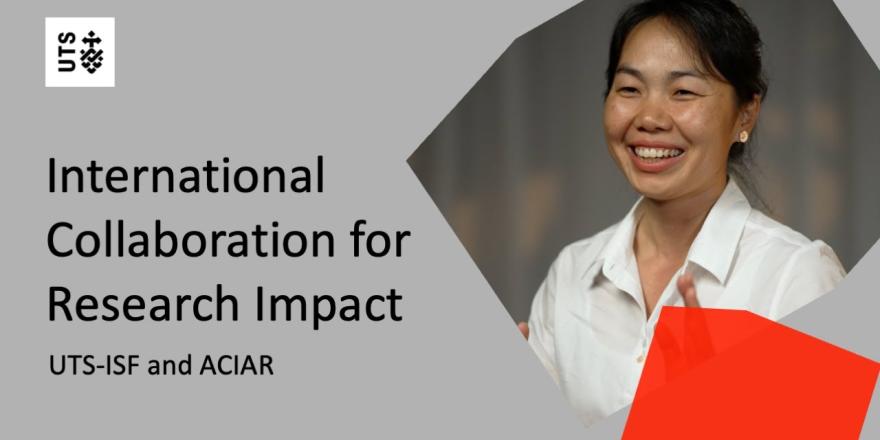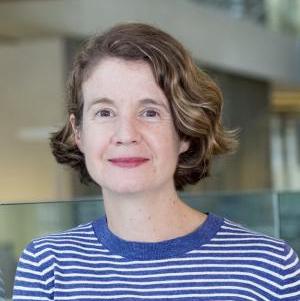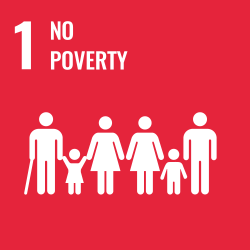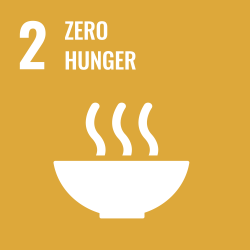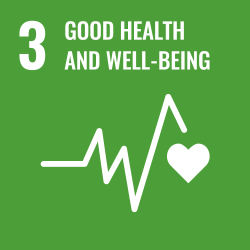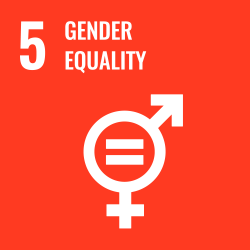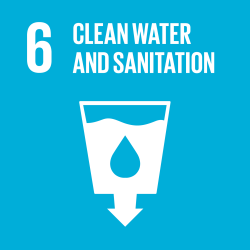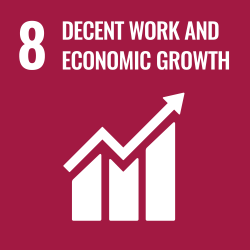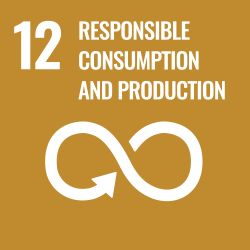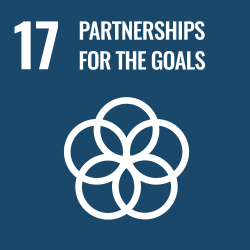The Australian Centre for International Agricultural Research (ACIAR) commissioned the Institute for Sustainable Futures (ISF), in partnership with Lao researchers Dr Soytavanh Mienmany and Dr Somphasith Douangsavanh, to undertake an evaluation assessing how and why ACIAR-funded research contributed to policy and development outcomes in relation to fish passages, forest plantations and groundwater irrigation in Laos.
ACIAR is Australia’s specialist international agricultural research for development agency. Its mission is to achieve “more productive and sustainable agricultural systems, for the benefit of developing countries and Australia, through international agricultural research partnerships”.
The evaluation explored
- the extent to which selected research in fisheries, forestry and water resource sectors contributed to expected and unintended outcomes
- how and why research interfaced with policy-making
- the extent to which the research engaged with the gendered dimensions of the context and gendered outcomes of the research
- transferrable lessons for future research programs.
The evaluation team took a collaborative approach, working together on evaluation design; document review; the development of retrospective theories of change for each body of research; key informant interviews with ACIAR staff and researchers from Australia and a broad range of research users in Laos; workshops in Australia and Laos; joint analysis; and development of reports, briefs, articles, presentations and a video.
The evaluation team used three frameworks to guide the evaluation. Research Contribution Framework supported the evaluation team to identify the specific processes of engagement that enabled research users to become aware of, learn from and utilise to change policies and practices. Combining this with Boswell and Smith’s four models of research-policy relations supported evaluators and evaluation users to think critically about the role of research in policy-making, moving beyond assumptions that evidence directly shapes policy.
The diagram below shows the key outcomes of the three bodies of research:
The team also used Gender at Work (Rao and Kelleher, 2010) to identify and analyse gendered dimensions of the research. Project stakeholders recognised that there were very significant gendered dimensions in the contexts in which they were working, however most projects did not incorporate formal gender analysis or planning to promote gender equity, disability and social inclusion through the research, and there was little evidence of substantial gendered outcomes resulting from the research.
The evaluation found that the following key factors contributed to ACIAR research interfacing with policy-making:
- long-term investment in the research activities (10+ years)
- the employment of researchers who were highly knowledgeable, connected, trusted, had diverse skillsets and a long-term or continual presence in Laos
- similar or the same framing of the research ‘problem’ amongst researchers, research users and policy-makers, established through strong formal and informal context analysis
- effective and respectful partnership practices between Australian and Lao researchers, and local leadership of researchers who became policy champions
- the planning and implementation of diverse, purposive and ongoing methods of engagement between researchers and a wide variety of research users, including both formal and informal engagements that facilitated the production of knowledge of science, practice and social values.
The combination of these factors enabled the development of robust evidence, trusting relationships, systemic capacity strengthening amongst a range of institutions, and the windows of opportunity that were required for research to interface with policy-making.
Return to this page to access the latest reports, articles, events from this evaluation.
RESEARCH OUTPUTS
Assessing the research to policy interface in Laos (Report) (2024)
International Collaboration for Research Impact (Video) (2023)
ISF and ACIAR Research to Policy in Laos (Video) (2023)
Researchers
-
Program Lead - International Development
-
Senior Research Consultant
-
Professor and Research Director
Years
- 2022-2023
Client
- Australian Centre for International Agriculture Research
SDGs
|
|
This project is working towards UN Sustainable Development Goals 1, 2, 3, 5, 6, 8, 12 and 17.


